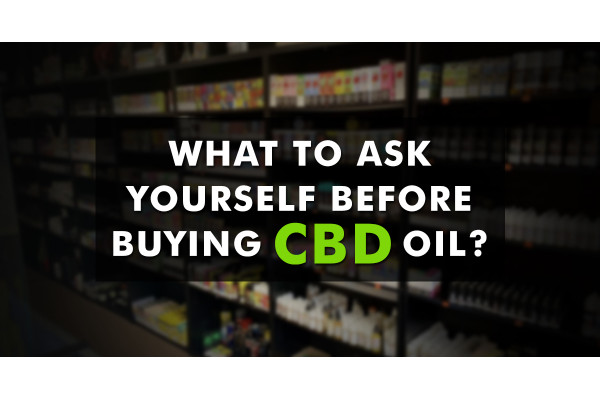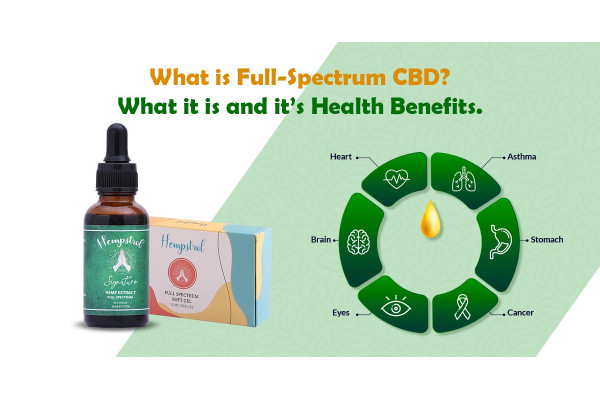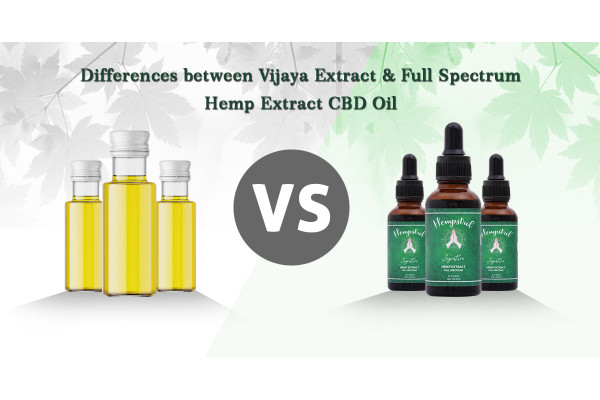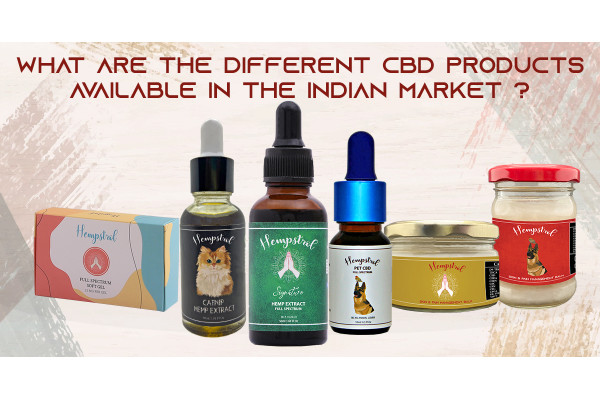Hemp Products Are Effective In Which Treatment?
Some people regard hemp, sometimes known as industrial hemp, as a contentious plant, but this does not have to be the case. The hemp plant is a strain of Cannabis sativa grown for its fibre rather than its psychotropic properties. Many hemp cultivars have none of the psychoactive effects associated with cannabis. For thousands of years, this variety of industrial hemp has been utilized as a fibre source, a source of oil, and an important source of nourishment.
Hemp products India such as emp seeds are the most nutritionally essential portion of the plant. The seeds can be eaten whole or dehulled. They can also be made into milk that resembles soy milk. Hemp seed oil is a cooking oil similar to olive oil. There are even hemp seed supplements available if you wish to incorporate some of hemp's outstanding health benefits into your diet.
Health Advantages
Hemp products India such as hemp seeds include vitamins, minerals, and compounds that can provide considerable health advantages. Hemp oil, for example, is high in vitamin E, which is beneficial to your immune system. It also functions as an antioxidant, assisting in the reduction of free radicals that can cause cell damage in your body.
Reduced Risk of Heart Disease: It is critical to consume enough healthy fats in your diet to maintain the health of your heart and circulatory system. Hemp seeds are especially high in these beneficial lipids, which include omega-3 and omega-6 fatty acids. Both of these fats are proven to improve heart health by lowering cholesterol, blood pressure, and triglycerides. Including hemp oil in your diet may lower your chance of future heart problems.
PMS Symptoms Reduced: Hemp oil also contains gammalinolenic acid (GLA), which has been related to a reduction in PMS symptoms. GLA appears to diminish the body's response to the hormone prolactin. Prolactin is frequently blamed for the negative symptoms of PMS, namely breast soreness, irritability, bloating, and sadness. Hemp seed oil could be an effective treatment for these unpleasant symptoms.
Better Digestion: Fibre is essential for a healthy digestive system, and whole hemp seeds are high in both soluble and insoluble fibre. Insoluble fibre bulks up your stool and may reduce your risk of colon cancer. Meanwhile, soluble fibre functions as a prebiotic, feeding the "good" bacteria in your intestines. Soluble and insoluble fibre from hemp seeds works together to keep your digestive system functioning smoothly and help avoid a variety of common ailments such as constipation, ulcers, and haemorrhoids.
Reduces Eczema: Hemp's blend of omega-3 and omega-6 fatty acids benefits more than just your heart. Early research suggests that including hemp seed oil in your diet may help alleviate eczema symptoms. The oil in hemp seeds appears to help balance the lipids in your blood, reducing skin dryness and itching. While further research is required, swapping hemp seed oil for other types of oil in your diet could be a safe and simple strategy to prevent skin irritation.
Plant-Based Protein Source That Is Also Healthy: Protein is essential for the proper functioning of your muscles and organs. Hemp seeds are one of only a few plant meals that contain all of the essential amino acids, making them a "complete" protein. Hemp seed protein is also more easily absorbed by the body than many other plant-based proteins. If you prefer a plant-based diet, adding hemp seeds to your meals is a quick and easy method to increase your protein intake.
Dosage and Amounts: Hemp seeds are high in calories. Hemp seeds provide 166 calories in a 3-tablespoon serving. It is critical to monitor your caloric intake in order to maintain your weight. Eating one to two servings of hemp products online India every day can help you reap the benefits of these nutritious seeds while remaining healthy.
Pain: According to a study published in Current Neuropharmacology, when CBD contacts a class of receptors or cells that receive inputs known as vanilloid receptors, the contact results in decreased inflammation, stress, and pain perception. Furthermore, a July 2016 study published in the European Journal of Pain revealed that CBD could help people with arthritis reduce their pain. The animal study looked into whether putting a CBD gel transdermally (on the skin) would reduce inflammation and pain symptoms, and researchers discovered that the topical medicine did offer pain-related behaviour relief with no harmful side effects.
Depression and anxiety: Hundreds of studies have been undertaken to determine how cannabidiol could be used to treat various neuropsychiatric diseases. According to the most recent study, published in Neurotherapeutics in October 2015, topical CBD has "considerable potential as a treatment for multiple anxiety disorders." Furthermore, "preclinical evidence strongly supports CBD as a treatment for anxiety disorders," including PTSD, generalised anxiety disorders, obsessive-compulsive disorder, and seasonal affective disorder, according to a study published in the Journal of the American Society for Experimental NeuroTherapeutics in September 2015.
Should I be aware of potential CBD adverse effects?
If you have any of the symptoms or disorders listed on this list and wish to see if CBD will help, you should be aware of the side effects that some people experience while using CBD products. The most common symptoms are dizziness, dry mouth, mood changes, gastrointestinal issues (including nausea), and weariness. Furthermore, because studies have indicated that CBD can interact with a range of drugs, including warfarin (a blood thinner) and clobazam (used to treat epilepsy), it is crucial to talk with your doctor or other healthcare practitioner before using CBD-containing products.
What should you know before purchasing CBD?
The following obstacle is locating products with accurate labelling. The market for CBD capsules online in India is now unregulated and opaque, as it is in Western countries. Though the government is actively working on this, it is our joint responsibility as consumers to distinguish between what is and is not an organic product. Many CBD products do not contain the amount of CBD that their labels claim they do. Always verify the COA and third-party lab certificate to determine the level of CBD in the product.







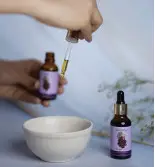
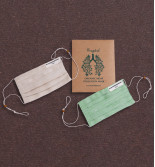




-600x450.jpg)


.jpg)
